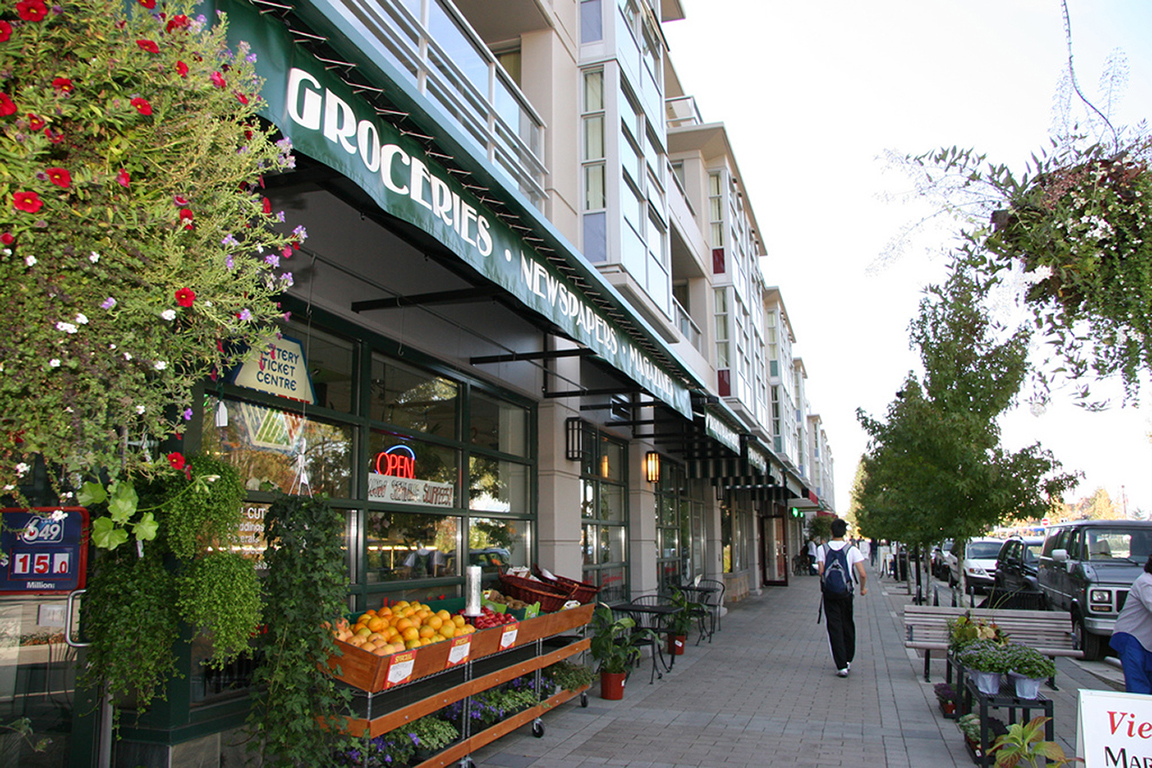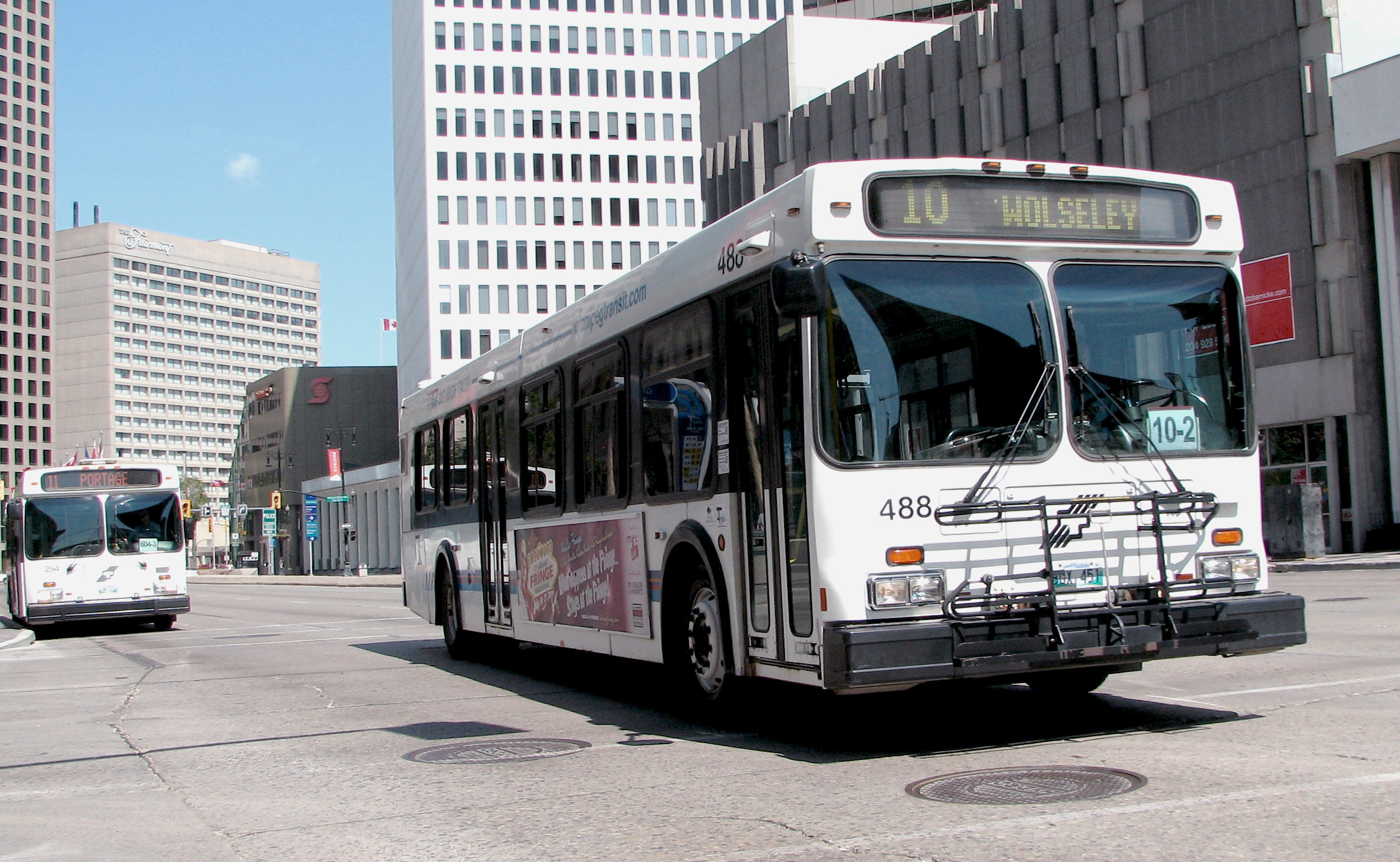A new automatic fare collection system (AFCS) will soon replace the current system of paper bus passes and tickets. The AFCS will be implemented in two phases, the first beginning this month.
In the first phase, transit riders will notice new fareboxes, which, according to Winnipeg Transit, will “deliver a more user-friendly transit experience.”
The new fareboxes will have the ability to count coins automatically. Riders will see the exact amount deposited on a screen above the farebox.
Transfers will also be issued and validated by the fareboxes, instead of by the bus drivers. Riders must still request one at the beginning of the ride, where it will be valid for 75 minutes.
There will be a special slot in the new boxes for accepting tickets. This slot, however, will disappear in the second phase of transit improvements. Riders will still be able to pay with Canadian or U.S. cash in phase two.
In phase two, occurring in late 2013, riders will be able to use smart cards. When tapped against the fareboxes, special sensors will deduct the appropriate fare from the smart cards.
The smart cards will be sold at Shoppers Drug Mart and 7-11. Riders will also be able to top up their cards at home.
“You can in fact purchase your transit product over the phone or online, and so the need to make your way to these retail outlets on an ongoing basis is no longer there,” said transit director Dave Wardrop to Global TV Winnipeg.
The cost to Winnipeg Transit for the new technology is over $17 million.
Dr. David van Vliet, associate professor of city planning at the University of Manitoba, thinks the new smart cards are a positive development for the city.
“The cards make transit riding simple [ . . . ] speed up boarding [and] can run a variety of fare structures and policies – for example, discount for travel off-peak and time-based or distance-based fares.”
Montreal, Regina, and Toronto already have a reloadable card system in place and TransLink, Vancouver’s transit system, will also be making the change to reloadable cards in 2013.
Additional changes to Winnipeg’s transit system include improving the rapid transit corridor and bendy busses hitting the road.
Dave Wardrop told MetroNews that the bendy busses, which will have an increased seating capacity, may be on the streets by September. The City of Winnipeg purchased the 20 busses in 2012 from the City of Ottawa, spending $1.1 million.
The standardized post-secondary bus pass continues to be discussed. The U-Pass, which was passed in a referendum at the U of M in 2012, would allow unlimited access to transit during the school term.
Dr. van Vliet believes the U-Pass is necessary to increase ridership and mentioned further issues for Winnipeg Transit to focus on in the coming years.
“Transit should expand the service by deciding on next route alignments to have long-term route dedication and a funding strategy. The process for the SW route and resulting recent decision on alignment was terrible.”




